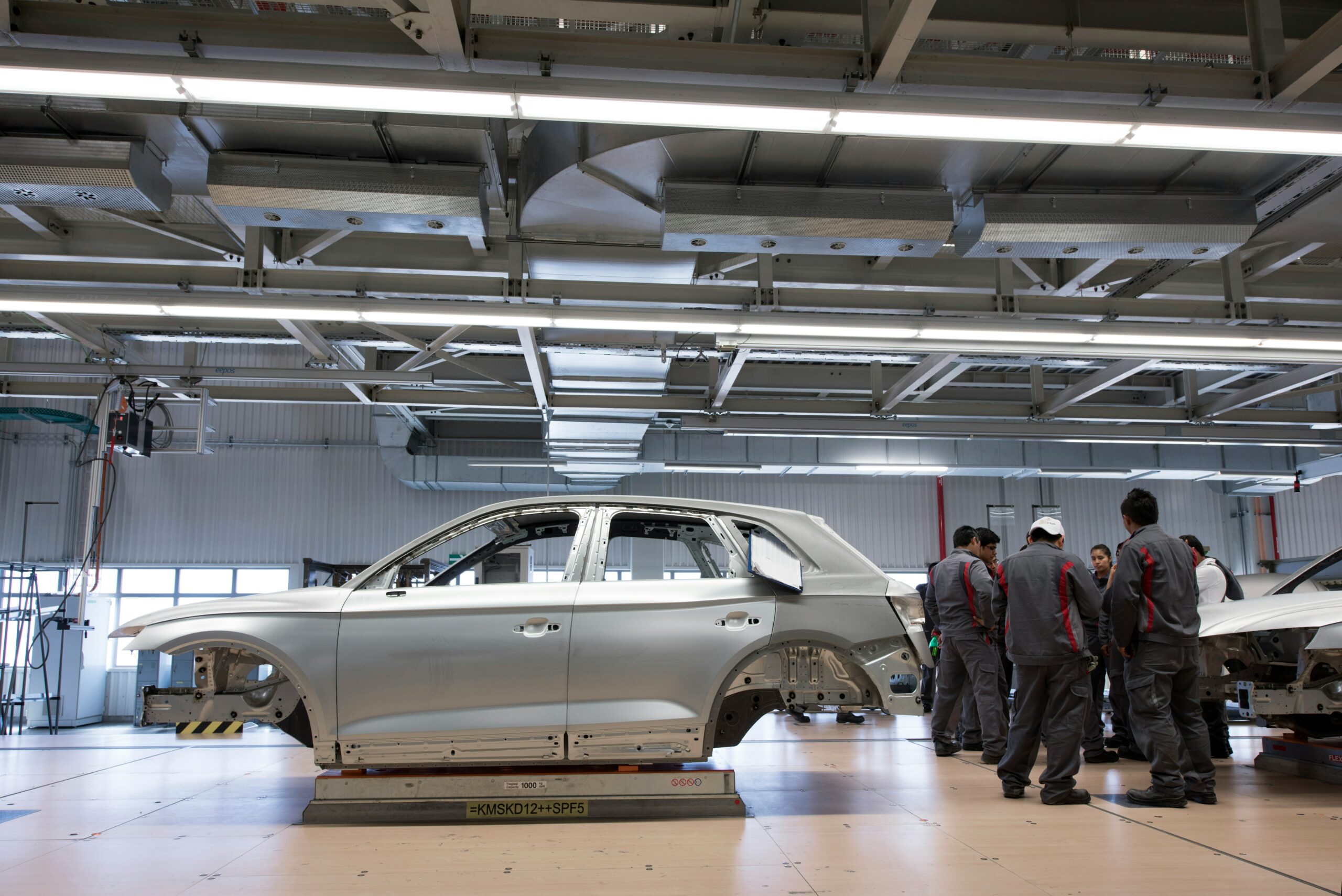GadgetWheels
EV vocational training may come to SA
The Retail Motor Industry Organisation and the Chamber of Crafts Erfurt are collaborating on a 12-month project to test viability.
An innovative partnership designed to drive vocational training in the automotive aftermarket may soon include electric vehicles (EVs). The project incorporates Technical Vocational Education and Training (TVET) colleges.
The Retail Motor Industry Organisation (RMI), and the Chamber of Crafts Erfurt (Handwerkskammer Erfurt or HWK Erfurt), last year agreed to collaborate on a 12-month project ending June 2024. This follows the successful completion of an Eastern Cape TVET partnership in November 2022.
Louis van Huyssteen, RMI national training director, says the organisation is currently rolling out a small-scale project with HWK to assess business needs for vocational training in modern automotive technology, including e-mobility – referring to RVs. He says it is responding to the changing needs in workplace skills in the automotive aftermarket.
Van Huyssteen says: “As the lead voice and thought leader is the automotive aftermarket, the RMI is committed to collaborating with reputable and credible institutions locally and internationally to ensure it remains abreast of the dynamically changing sector and that there is synergy between the needs of industry and the training provided at the various TVET colleges and universities.”
As South Africa moves towards New Energy Vehicles (NEVs), South African automotive manufacturers are expanding the array of brands, models, and derivatives within electric and hybrid vehicles. Van Huyssteen says it is therefore imperative that training stays aligned with this trend.

He says the project with HWK is progressive for two reasons: “Not only does it allow us to collect data from TVET colleges and employers, but significantly, we are also running a pilot training module for TVET lecturers at the same time.”
Frank Oelze, head of the Vocational Training Center for HWK in Germany, says it is important to conduct the necessary needs analysis in preparation for the inclusion of e-mobility into the lecturer training programme in South Africa.
“We need to ensure that any subsequent introduction of the topic of e-mobility into South African curricula will not bypass either the needs of the TVET colleges, or the needs of the South African automotive industry,” he said. “In order to determine the specific training needs and, above all, the common fundamental interfaces in this area, we would like to involve the TVET colleges as well as the companies in the automotive sector.”
A two-week pilot is being conducted at Eastcape Midlands College this month for about 16 lecturers from 8 TVET Colleges, with a second pilot scheduled for April at Tshwane South TVET College.
Van Huyssteen says the vision is to ultimately work with the various stakeholders to develop a national registered electromobility specialist qualification on the National Qualifications Framework (NQF) in SA.
“By leveraging both vertical and horizontal articulation pathways, individuals with qualifications such as Electromobility Specialist can enhance their skills, expand their knowledge, and advance their careers in the dynamic field of electromobility.”
Potential career paths include a Charging Infrastructure Specialists; Grid Integration Specialist, Battery Engineers, and Renewable Energy Technicians.

















